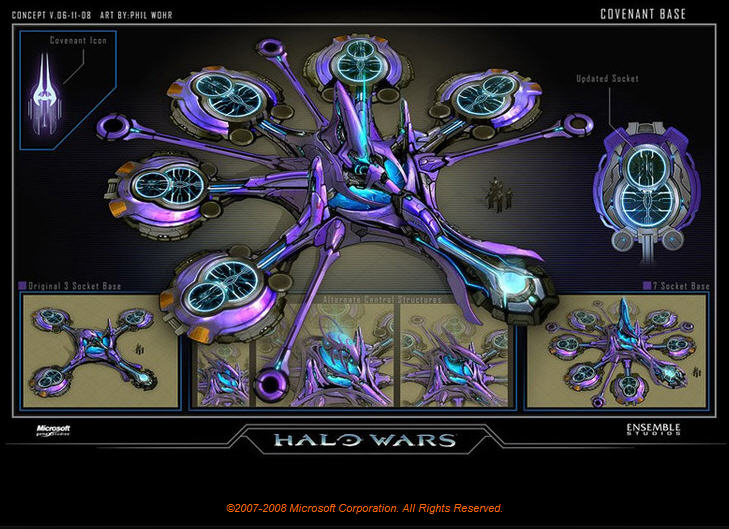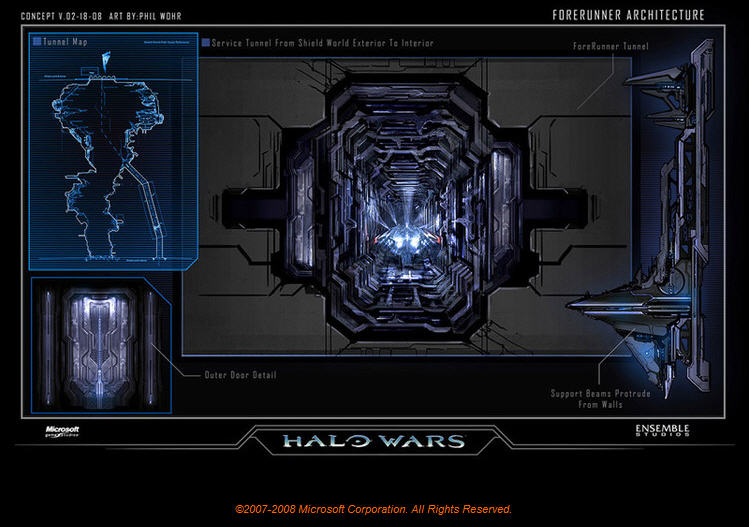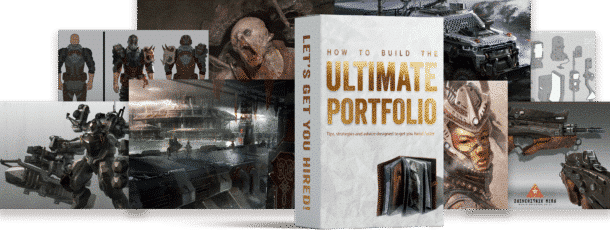
by Eliott Lilly | Jul 29, 2015 | FAQ, Questions
Question submitted by Marvin R.
I am 22 years old and I just finished reading your book “The Big Bad World of Concept Art for Video Games” and I was stuck with one question.
Is there a age limit on when to start? Are there any concerns where companies might turn you away based on your age?
I am currently thinking of applying to the Feng Zhu School of Design which is also mentioned in your book, mostly because it offers such a short duration and promises fast learning. Would you suggest going through a basic 3-4 year education or can 1 year of intensive studies be enough ?
Hey Marvin, if drawing is your passion and is what you truly want to do, then no, it is never too late to start. Companies aren’t usually biased based on age. They are, however, biased based on portfolio quality. If you want to work in this industry, then you will need to be good at it since competition is so high.
Depending on your circumstances and artistic talent, you may need to kick your learning into high gear. I think attending a school like FZD is a good idea. It’s intensive program will get you on track fast! There’s no guarantee that you will be industry ready in one year (highly unlikely) but you will be much closer than you are now.
And since success is all in the mind, your head is in the right place. With commitment, effort and focus, I think you’ll be just fine
Bets of luck.
-Eliott
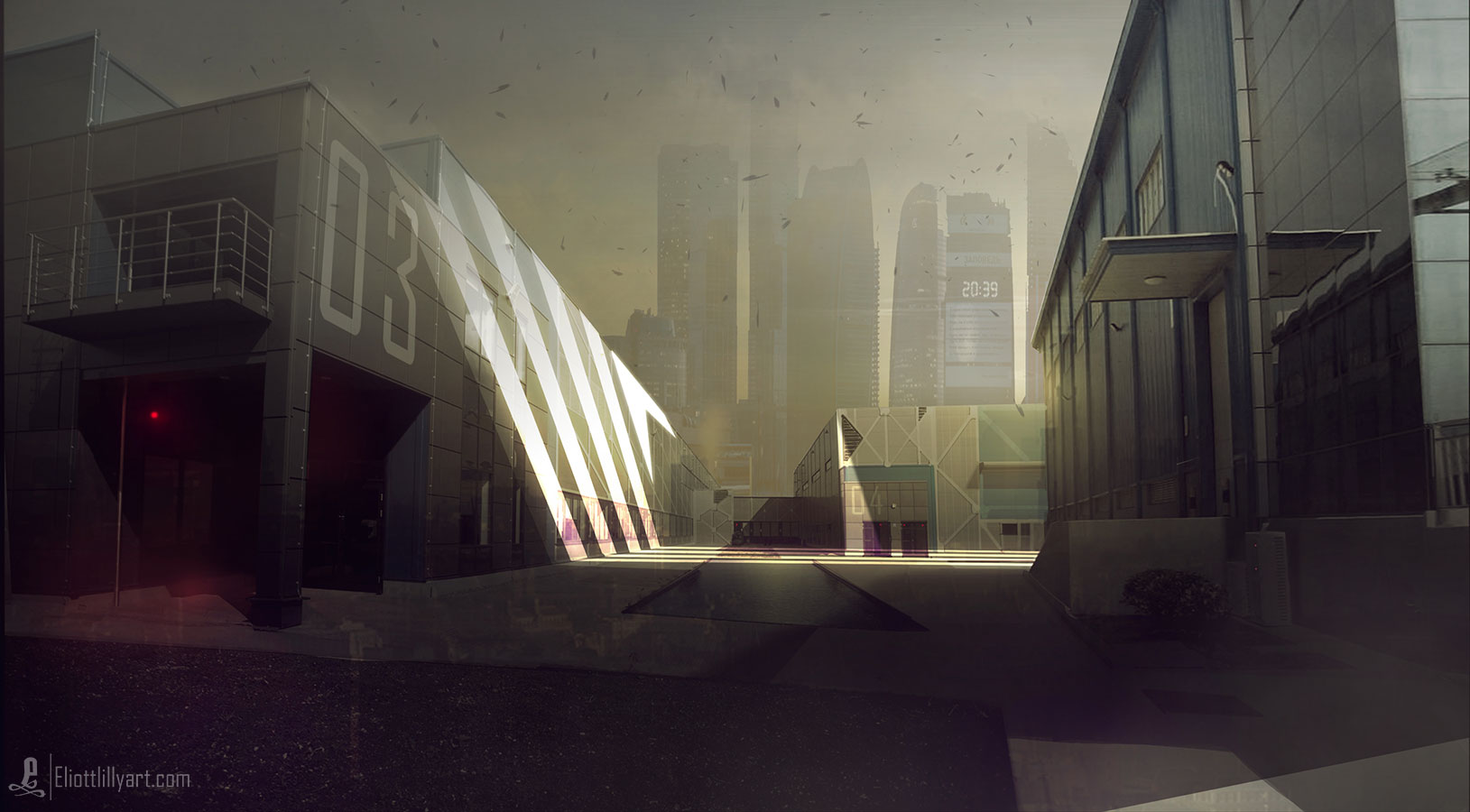
by Eliott Lilly | Jul 22, 2015 | Portfolio Advice, Questions
Here are short answers to frequent questions asked by students, about building a solid portfolio.
Is there a specific genre that is in high demand right now and companies are looking for?
No, and never follow the trends. Because they are just that- trends. They will come and go, and you may miss them entirely. Instead figure out what you love drawing, then find the companies that make those things and get them to notice and hire you.
What should I show in a portfolio? Should I show my specialty or should I show them that I can do everything?
Well, that really depends on how impressive your “specialty” is. If you are really good at that one thing, and have enough images to make a portfolio, then that’s the route I would take. If you don’t, then make more, or go the generalist route.
Would it hurt my chances if I showed something different in my portfolio from what the company is expecting/ looking for in a candidate?
Usually, yes. But there are exceptions. First, you need to know who you are dealing with. If you are applying at a first party studio that only makes one thing, then showing them artwork outside of their niche is probably a waste of time. However, if you are applying to a third party studio who puts out numerous products in various genres, in those cases it might be beneficial.
How polished should the images in my portfolio be?
A good portfolio will demonstrate the full spectrum of design. This means taking the same object and showing the process and progression from rough thumbs, to full color renders where possible. Companies want to see all of the in-betweens because they want to evaluate your thought process and see how you problem solve. That is not to say that you can’t have more fully rendered images than line drawings, but try not to overload you portfolio with one or the other. The goal is to show enough so they get idea that u can produce a lot of ideas very quickly.
If you have questions that are not answered here, leave a comment below, or send a spell checked email to eliott@eliottlillyart.com. It may take some time, but I will do my best to respond.
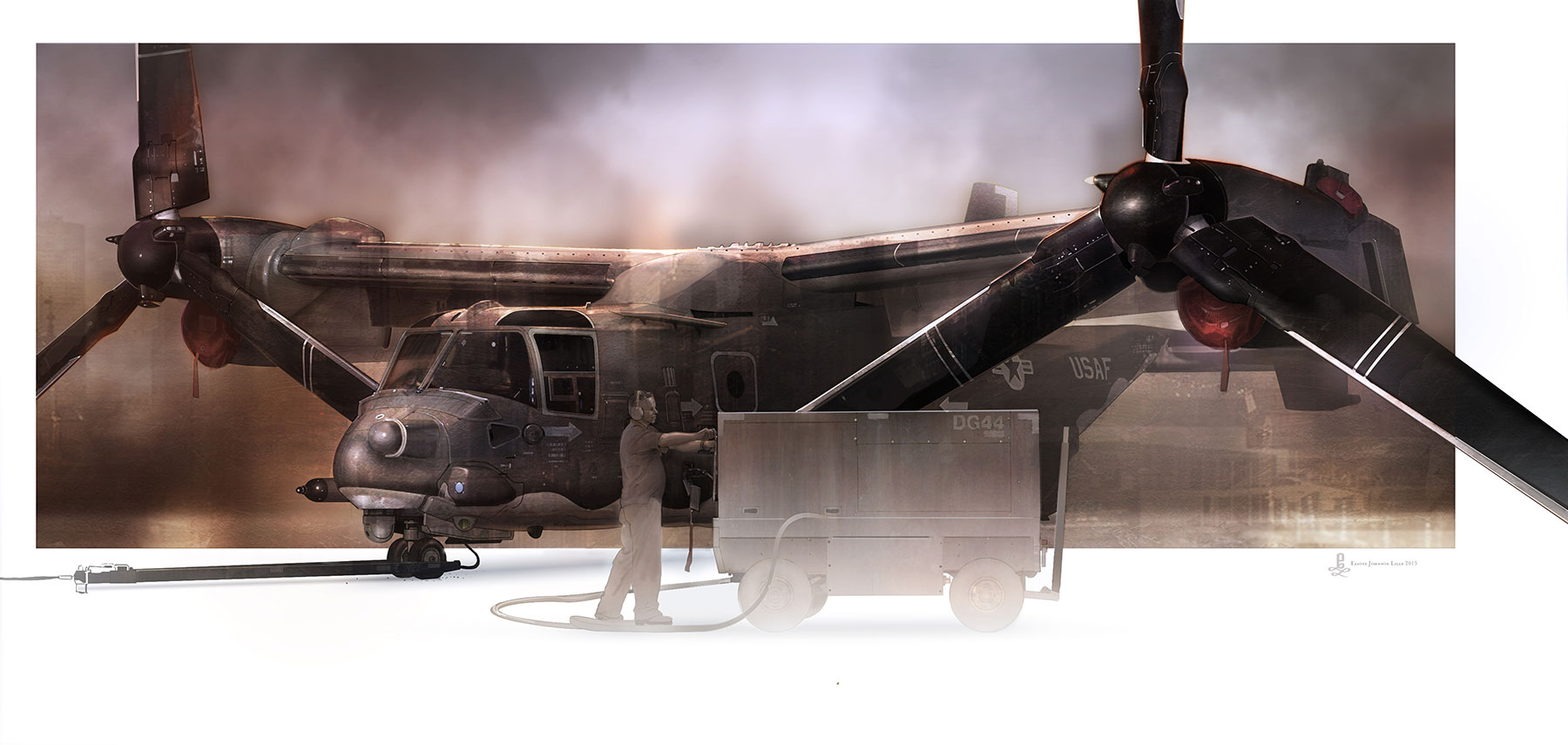
by Eliott Lilly | Jul 20, 2015 | FAQ, Questions
Here are short answers to frequently asked questions I receive from students about the use of 3D in concept art.
HOW IMPORTANT ARE 3D SKILLS TO CURRENT CONCEPT ARTISTS?
Modeling in 3D is like any other tool: Helpful when used correctly.
While it’s not mandatory or by any means necessary to make good art using 3D tools, having that skill set under your belt is beneficial for lots of reasons such as rapid iteration explorations, interesting shape creation, perspective, happy accidents, etc. etc. etc. As such I highly encourage everyone to learn at least one 3D software program.
HOW MUCH KNOWLEDGE DO I NEED IN 3DS MAX, MAYA OR ANY OTHER MODELING PROGRAM?
At the bare minimum, I recommend you familiarize yourself with the basics, such as navigation within the program, primitive shape modeling, the use of the camera, etc. Learn modeling terms, so you can speak the same language as the people who will have to model your concepts. If you decide that you really like modeling, you can take it a step farther and really dive into the software. For a few bucks, you can purchase several “how-to” tutorials on Gumroad. Check out the recommended resources page for more information.
If you have questions that are not answered here, leave a comment below, or send a email to eliott@eliottlillyart.com. It may take some time, but I will do my best to respond.

by Eliott Lilly | Jul 15, 2015 | Interviews
PHIL WOHR IS A PROFESSIONAL CONCEPT ARTIST WITH OVER A DECADE OF EXPERIENCE WORKING IN THE VIDEO GAMES INDUSTRY.
Website
http://artofphilwohr.blogspot.com/
Phil Wohr’s current portfolio examples
If you haven’t already, be sure to check out Part 1 of this interview, where we asked him specific questions about what it’s like to be a concept artist in the entertainment industry, dispel a few common misconceptions that aspiring artists tend to have about the field, and discuss his educational background. Here, in part two of this interview, we ask Phil Wohr specific questions about building his portfolio, marketing himself in the industry and more. Here’s what Phil Wohr had to say:
HOW VALUABLE WILL GETTING AN EDUCATION FROM A UNIVERSITY OR COLLEGE BE FOR ASPIRING ARTISTS WHO WANT TO BREAK INTO THE ENTERTAINMENT INDUSTRY? SHOULD THEY ATTEND A REGULAR SCHOOL WITH A LIBERAL ARTS PROGRAM? A 4 YEAR ART SCHOOL? OR JOB SPECIFIC TRADE SCHOOL (LIKE GNOMON, CONCEPT DESIGN ACADEMY, FZD, ETC). OTHER?
If you can afford to go to art school, then that’s awesome (it’s very expensive). For concept art I think your portfolio is really what is going to matter most. I would almost recommend something like an art atelier school, or just a dedicated art program. At the end of the day having a degree might get you paid a bit more, but if someone comes in with a significantly better portfolio (regardless of their education), the company will probably hire them.
Personally, I’m glad I went to school because it taught me about other parts of the pipeline and exposed me to things that I couldn’t have experienced on my own.
The one thing I will say loudly is that if you can’t afford to go to school, don’t let that stop you. There is so much information available online that will educate you without ever having to go to a big name school. If you go that route try to befriend some artists or join a community who can teach you some things along the way.
WERE YOU DISCIPLINED AND/OR FOCUSED IN SCHOOL? WHAT WAS YOUR ROUTINE? HOW MUCH TIME DID YOU SPEND ON YOUR HOMEWORK VS. SOCIALIZING?
I definitely spent a lot of time creating art while in school. I used to have this goal of having a “perfect” day of creating art all day long. Then trying to string those days together. It never really fully worked out, but the idea kept me working.
It’s pretty impossible not to get distracted sometimes, but I definitely spent a lot of long days and late nights creating art — especially in portfolio classes.
I spent a fair amount of time socializing too though, but socializing with other artists is still helpful, I guess. I didn’t go to a lot of parties, or spend tons of time doing that kind of stuff. I probably spent about 10 hours each day working/attending class— you have to work hard in school because it’s the foundation for things to come.
BESIDES THE FUNDAMENTAL ART CLASSES (PERSPECTIVE, ANATOMY, COLOR THEORY, ETC.), WHAT CLASSES DO YOU THINK STUDENTS SHOULD TAKE IN COLLEGE? ARE THERE ANY CLASSES YOU TOOK WHICH SURPRISINGLY HELPED YOU MORE THAN YOU THOUGHT THEY WOULD?
I can’t really say that there was some non mandatory class I took that highly rasied my own skill level to a surprising degree. But I have seen that people who practice cast drawing seem to really improve their abillities a lot. It sort of forces you to focus on a tight quality control and a high range of midtone values. So I’d just say if you have a chance to take a course on cast drawing I bet it would help you quite a bit.
Also, this isn’t a class, but I would recommend that students practice still life drawings, and try to make them highly accurate. It’s a great way to improve your understanding of lighting, reflections, and materials, and you can do it at home for free. And to clarify I mean create a little still life, light it, and paint that digitally or traditionally. It’s more beneficial than painting from a flat photo because you can get a better look at what is going on and understand it at a higher level by seeing it in 3D space and not just mimicking a flat picture.
DID YOU HAVE ANY OUTSIDE HELP PUSHING YOU ALONG WITH YOUR TRAINING? FROM A MENTOR, PASSIONATE TEACHER? FAMILY? FELLOW STUDENT?
I didn’t have like one person specifically that was a mentor but rather a lot of other artists at school that were all pretty inspiring.
I made a lot of friends in college and we all pushed each other and talked about tips and that sort of stuff.
That’s one thing that is really nice about being in an art school. Sometimes you can learn as much from the other students as you would from the instructors or the curriculum.
DID YOU STUDY OR TAKE ADDITIONAL CLASSES/ LESSONS, OUTSIDE OF SCHOOL? IF SO, HOW FREQUENTLY?
A lot of the studying I was doing outside of school was really just me practicing or watching tutorial videos, drawing still life, and that sort of thing. There are so many training tutorials available. Especially now, even if you don’t have time or money to take extra lessons, that doesn’t mean you can’t keep learning.
This concludes Part 2 of our interview with Phil Wohr. In Part three, we discuss with Phil how he marketed himself coming out of college, how he landed his first job and more. All images used with permission by the artist. ©Phil Wohr







